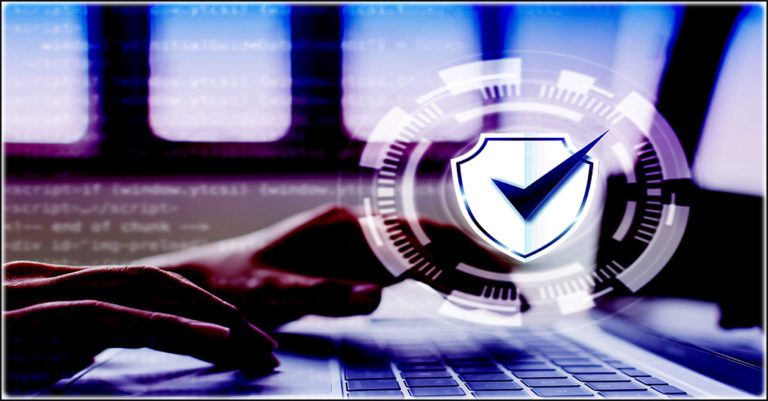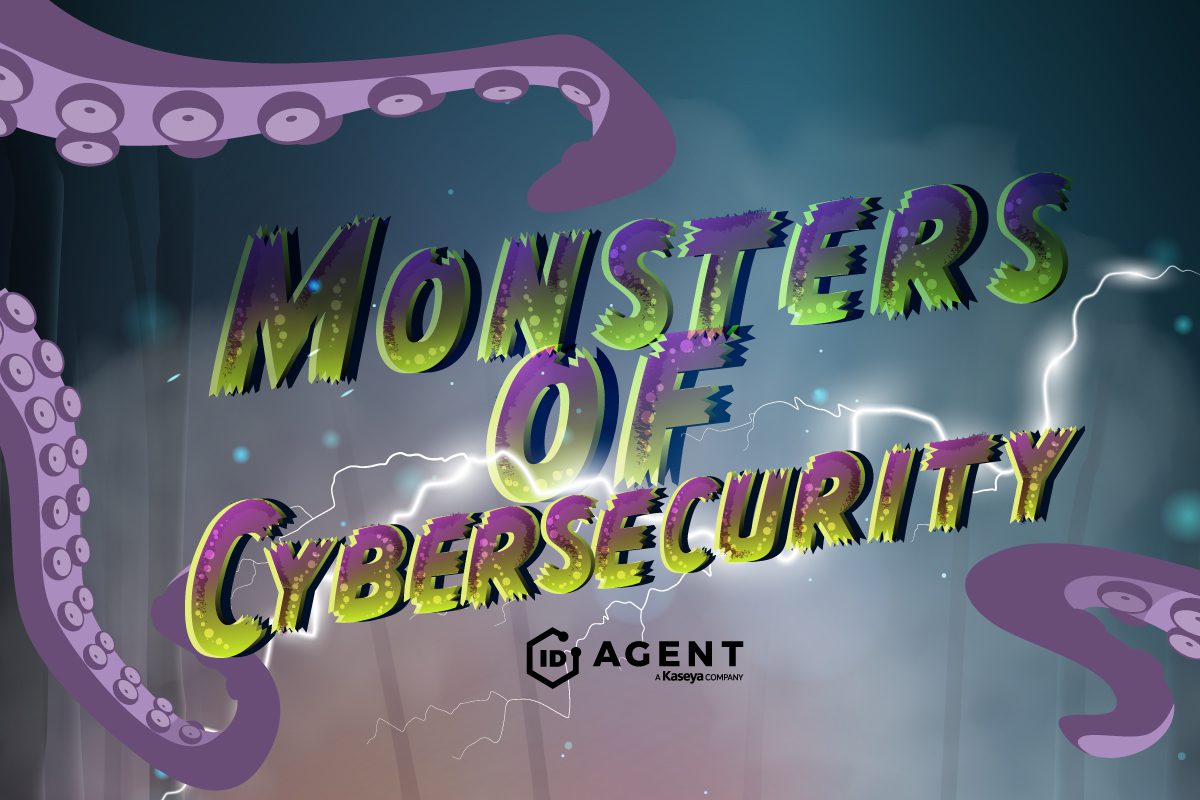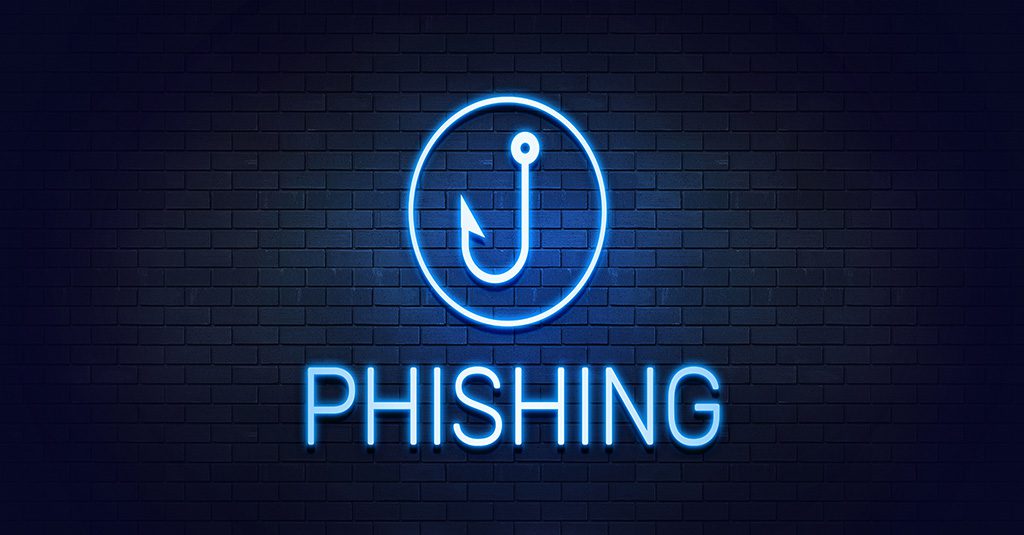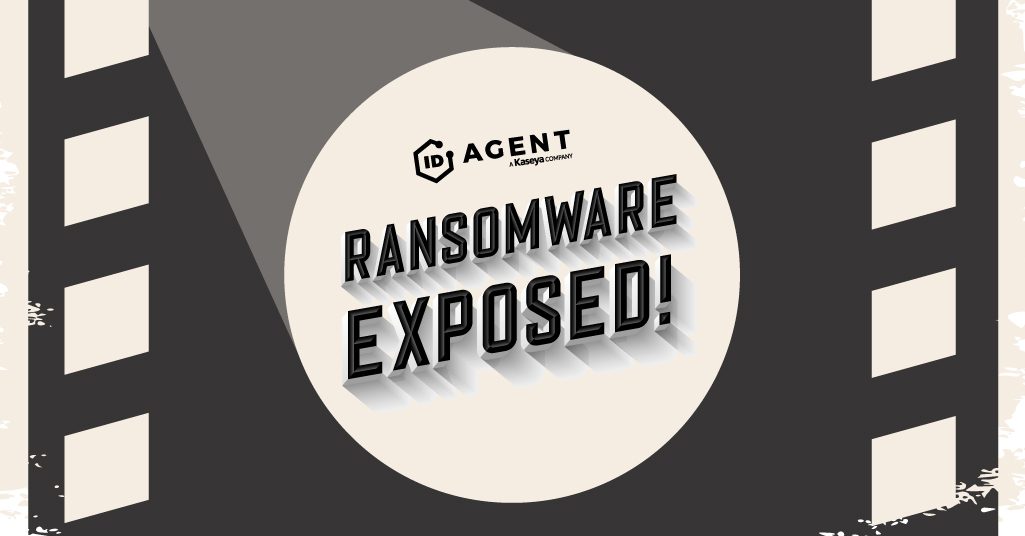Reduce Insider Threats by Building a Strong Security Culture

A Strong Security Culture Pevents Insider Incidents & Cyberattacks
The importance of building a strong security culture to a powerful defense against cyberattacks is something that can be misunderstood and overlooked. But it’s the foundation on which a company’s security rests. It’s also an amazing safeguard against insider risk. That’s why fostering a strong security culture is always considered a best practice for building a strong defense against cybercrime. But what does building a strong security culture actually mean, and does it really do all of that?
Excerpted in part from our NEW eBook The Guide to Reducing Insider Risk. DOWNLOAD IT NOW>>

Is someone’s behavior suspicious? Learn to spot trouble fast with 5 Red Flags That Point to a Malicious Insider at Work. DOWNLOAD IT>>
Why is Building a Strong Security Culture Important?
A company’s security culture is shaped by the attitude of the entire company including the C-suite and employees at every level toward cybersecurity. IBM describes security culture in its blog as “both a mindset and mode of operation”. That’s a crucial distinction. Security today is about much more than just the solutions that your client has working for them and dangers presented to tech teams. It’s equally as important that your client’s people at every level are committed to making security a priority because they understand the importance of cybersecurity in the success of their organization. An estimated 60% of organizations that fall victim to a cyberattack go out of business within a year, and no one wants to join that club.
The security culture that a business builds can be a huge factor in its success in defending against cyberattacks and minimizing insider risk by increasing that company’s cyber resilience. A report in MIT’s Sloan Management Review details how cyber resilience is impacted by employee and management behavior, and security culture is always at the root of that. One of the most critical takeaways is the importance of recognizing that security is a team sport, and not just the responsibility of IT staffers. The ability of a company’s security culture to make sure that everyone is invested in maintaining crucial protections against cyberattacks is critical for that company’s defensive success.

Learn how to defeat terrifying cybersecurity monsters to keep systems & data safe in a dark world! READ IT IF YOU DARE!>>
What Are the Benefits of a Strong Security Culture?
In a strong security culture, employees are attuned to the importance of maintaining security around data and systems. Those employees are more likely to make smart choices when it comes to security, making a company’s defenses stronger and its data safer. The benefits of a strong security culture as outlined by the UK Centre for the Protection of National Infrastructure include:
- A workforce that is more likely to be engaged with, and take responsibility for, security issues
- Increased compliance with protective security measures
- Reduced risk of insider incidents
- Awareness of the most relevant security threats
- Employees are more likely to think and act in a security-conscious manner

Can you spot a phishing email? This infographic shows you how to detect one! DOWNLOAD IT>>
Negligent Executives Kill a Nascent Security Culture Fast
Many businesses may form a weak security culture because the executives at the top of the food chain don’t think it’s important and aren’t in touch with their company’s security culture at all. More than 65% of senior-level decision-makers in an IBM survey said they didn’t believe their organization would ever fall victim to a cyberattack. The small and medium business (SMB) space is not much better. SMB owners are no more security conscious than corporate executives. 60% of SMB owners feel that they will never face any kind of cybersecurity incidents, and 83% of small businesses haven’t put cash aside for dealing with a cyberattack.
A report in Security Intelligence details the problems that security teams can face from an executive team that just doesn’t see why security is a big deal. An astonishing 60% of business leaders surveyed revealed that they didn’t have a defense against cyberattacks in place at all, let alone an incident response plan. Some of the executives surveyed knew that information security was important but hadn’t done anything about it because they didn’t need it. 56% of the SMB owners polled in a CNBC /Momentive Small Business Survey said they are “not very concerned” about being the victim of a cyberattack in the next 12 months, and among those, 24% said they were “not concerned at all.” In fact, 25% of small business owners didn’t even realize that cyberattacks could cost them money!

Are you ready to slay the Monsters of Cybersecurity? This checklist tells you what you’ll need to succeed! GET CHECKLIST>>
Employee Negligence and Fear Can Be Devastating
In a strong security culture, everyone knows that they’re on the security team and everyone does their part to keep the company safe from cyberattacks. No security strategy will be successful if the only employees involved in implementing it are in the IT department. If employees aren’t willing to step up to the plate, negligence and neglect of best practices can kick off an avalanche of risk. Negligent employees create over 60% of security incidents.
A toxic security culture is a security risk and a breeding ground for malicious insiders. If security seems scary and complex. no one will care about it outside the IT team. Employees who fear trouble will not tell IT if they make a mistake, and any employee could be in that position. Even the most conscientious, security-minded employee is going to misstep once in a while. Human beings make mistakes. Employees won’t learn to improve their security behavior either. If employees feel like asking for help can cost them their job, they’re more likely to cover them up, exacerbating the problem. Human error is responsible for an estimated 90% of security breaches.
Cybersecurity can also be impacted by an employee’s mindset and environment. In today’s always-on business climate, people are often working when they’re sick, distracted or overwhelmed, and that drives employees to make mistakes that can crack open the best-laid security plan. An estimated 40% of employees in a cybersecurity behavior survey said they made more mistakes when they were tired or distracted.
Essential Building Blocks for a Strong Security Culture
Building a strong security culture starts at the top. When the leadership team demonstrates that they take security seriously by modeling and encouraging smart security behavior, employees will too. Start establishing the foundation of a healthy security culture with these building blocks.
Prioritize digital security as a success factor. It seems simple, but an IBM report shows that the majority of businesses are failing at it. Just 9% of survey respondents cited digital security as the most important factor facing their businesses, and 18% ranked defense against cyberattacks as the least important factor in their company’s success.
Align IT goals and corporate priorities. The SANS Managing Human Cyber Risk 2021 report cites strategic alignment as one of the three biggest blockers to managing risk, with less than half of security professionals surveyed saying that they felt that they had the support that they needed from leadership to grow a strong security culture, and about 10% saying that they had no support at all.
Commit to raising security awareness. In the same SANS study, 75% of the security awareness professionals surveyed said that they spend less than half of their time on the job actually promoting security awareness. One reason for that is that more than 60% of businesses don’t do enough cybersecurity awareness training and it is the most effective way to reduce security incidents.

Be the hero that defeats a company’s security threats to declare victory over cybercriminals! GET THE GUIDE>>
Improve Any Organization’s Security Culture By Making Sure These 5 Things Are True
These five green flags indicate a healthy security culture:
- Everyone knows what to do if they suspect an email is a phishing attempt
- No one is reusing, recycling or sharing their credentials
- There are no sticky notes or electronic documents with passwords on them anywhere
- Asking for help or clarification about a security issue or procedure is encouraged
- Security awareness training is not used as a punishment
Get more tips for improving a security culture in our Building a Strong Security Culture Checklist.

Our partners typically realize ROI in 30 days or less. See why nearly 4,000 MSPs in 30 countries choose to grow with ID AGENT solutions and support. BECOME A PARTNER>>
Support a Strong Security Culture with Strong Security Solutions
A strong security culture protects businesses from harm, but it doesn’t just build itself. Having the right solutions in place to uncover unexpected risks and empower employees to act confidently when faced with a cybersecurity risk can go a long way toward building the right foundation to grow one.
Dark Web Monitoring Protects Businesses from Credential Compromise Surprises
Protection from dark web danger with Dark Web ID gives your security team the confidence that they’ve got credential compromise threats handled.
- Dark web search finds every compromised company credential fast, enabling you to fix them before the bad guys can exploit them
- Monitoring with 24/7/356 human and machine intelligence ensures that your team knows exactly what your company’s dark web exposure risk is in real-time
- Leverage out-of-the-box integrations with popular PSA platforms, for a fast, frictionless alerting and mitigation process, so you never miss a security event.
Reduce Incident Risk by Up to 70% by Arming Employees with Knowledge
Rely on BullPhish ID to deliver comprehensive security awareness training that works and reduces your company’s chance of having a damaging cybersecurity incident by up to 70%.
- Don’t just train employees about phishing –get them up to speed on threats like ransomware, smart security behaviors and compliance too.
- Make training and tracking a snap with personalized portals for every user, enabling trainers to painlessly track and assign training.
- Use premade plug-and-play kits or customize your training materials to reflect the unique industry threats that employees face daily.
Book a demo of our innovative, affordable solutions today!

See how ransomware really works, who gets paid & what’s next in our tell-all Ransomware Exposed! DOWNLOAD IT>>